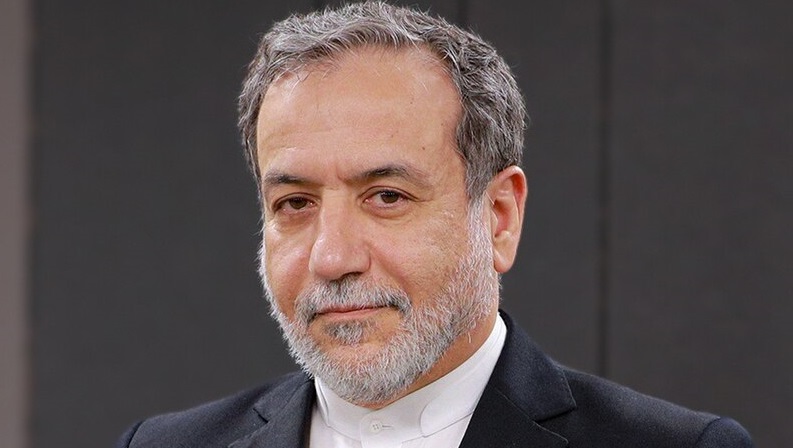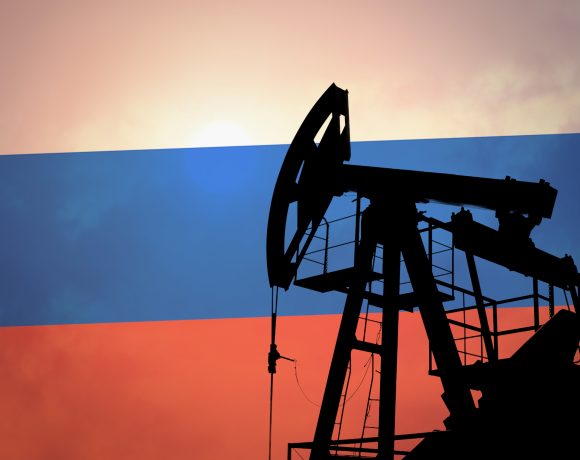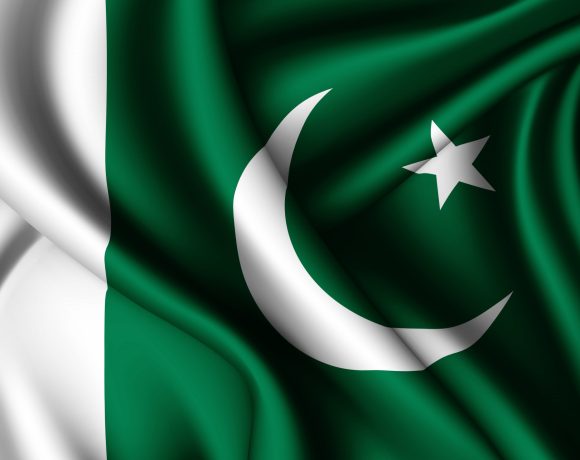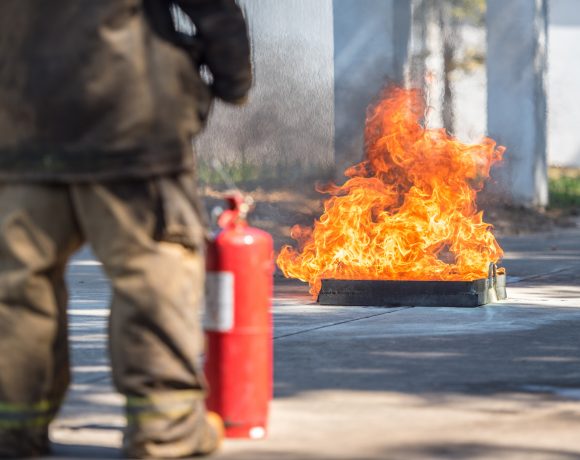
Iran Vows to Continue Uranium Enrichment Amid Stalled Nuclear Talks
Iran has declared it will continue enriching uranium with or without a renewed nuclear deal, directly challenging U.S. demands and raising the stakes in ongoing diplomatic negotiations. Iranian Foreign Minister Abbas Araghchi reaffirmed Tehran’s stance that uranium enrichment is a sovereign right under the Nuclear Non-Proliferation Treaty (NPT) and not up for negotiation.
Iran’s Position on Enrichment
Araghchi reiterated that enrichment activities would persist irrespective of diplomatic progress. Iran currently enriches uranium up to 60%, far exceeding the 3.67% limit set by the 2015 Joint Comprehensive Plan of Action (JCPOA), though still below the weapons-grade threshold of 90%.
Tehran maintains that its nuclear program is peaceful in nature, meant for energy and medical purposes, and claims that it has no intention of building nuclear weapons. Iranian officials argue that enrichment is a technical and national achievement that no external pressure can dismantle.
U.S. Red Line and Rising Tensions
The Biden administration has maintained the Trump-era demand that Iran must not be allowed any level of uranium enrichment. U.S. Special Envoy Steve Witkoff recently described enrichment by Iran as a “red line” and warned that any future deal must fully prohibit such activity to prevent the risk of weaponization.
In response, Iran’s Deputy Foreign Minister Majid Takht-Ravanchi warned that nuclear negotiations would collapse if the U.S. continues to insist on zero enrichment. He stated, “Iran will not negotiate away its scientific progress.”
Proposed Regional Solution
As a counterbalance to Western pressure, Iran has proposed forming a regional uranium enrichment consortium that would include Saudi Arabia and the United Arab Emirates. The initiative, if accepted, would limit enrichment to 3.67% and include oversight by regional stakeholders to enhance transparency and confidence-building.
The move is seen as a strategic attempt to reshape the nuclear narrative and involve neighboring states in a cooperative framework rather than confrontation.
Global Reactions and IAEA Concerns
The International Atomic Energy Agency (IAEA) has expressed concern over the growing volume of enriched uranium in Iran’s possession. According to its latest reports, Iran’s stockpile now exceeds ten times the JCPOA limits, heightening fears of a potential breakout capacity.
While the IAEA continues inspections, it has urged all parties to prioritize diplomacy and return to verifiable commitments. The United Nations and European powers have echoed similar appeals, warning that time for a peaceful resolution is running out.
Outlook for Nuclear Negotiations
Despite hardened positions, both Washington and Tehran claim they are still open to dialogue. President Trump recently said a new agreement is “within reach,” though Iran has denied receiving any formal draft of such a deal.
Whether the impasse leads to a breakthrough or a collapse of talks remains uncertain. What is clear is that Iran has no intention of scaling back its enrichment activities under external pressure—a factor that may well determine the future of Middle Eastern stability.


















